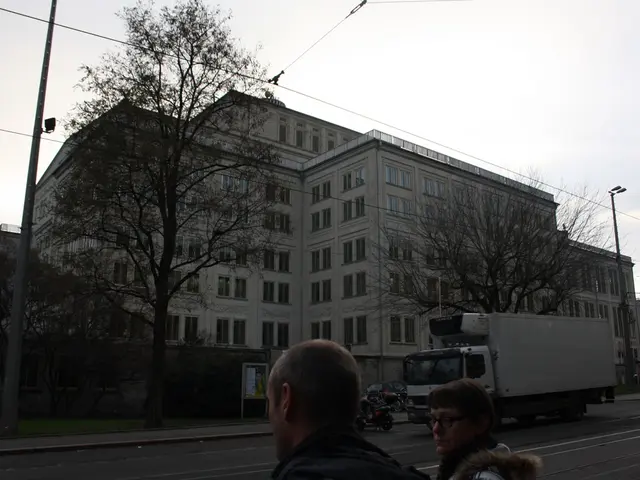Digital Rebirth in the Baltics: The Role of Technology in Crafting an Eco-friendly Tomorrow
In the heart of Europe, the Baltic states are making a name for themselves as pioneers in sustainable governance. Leveraging their digital acumen, these nations are tackling environmental challenges in unique and innovative ways, offering a new model for the future.
At the forefront is Latvia, which is harnessing big data for energy-efficient urban planning in Riga. The city's smart-city solutions include intelligent traffic systems and energy-efficient buildings, transforming the urban landscape into a testbed for sustainable technologies. Latvia is also deploying IoT sensors and drones for sustainable "smart forestry," optimizing forest health and sustainable harvesting, turning its traditional timber industry into a model of digital innovation.
Neighbouring Estonia is equally impressive. With its digital infrastructure, 99% of government services are online, offering transparency and security through technologies like blockchain. Estonia's e-governance prowess is being used to speed up environmental impact assessments, track pollution data in real-time, and attract "green tech" startups from around the globe. The nation is also using its e-Residency program to attract global cleantech startups, further cementing its position as a hub for digital and environmental innovation.
Lithuania, too, is making strides in the green tech sector. The country is planning smart grids that use AI and FinTech-inspired models to manage energy distribution efficiently, aiming to become an energy-independent green hub. Lithuania is also launching digital green bonds and developing AI-powered smart grids for its future offshore wind farms.
The digital cohesion of the Baltic states provides a key advantage in the fast-paced climate race. This cohesion means there is less friction between policy-making and real-world execution, allowing for quick integrations of new regulations for renewable energy. The small size of the Baltic states also contributes to their agility, enabling rapid changes in response to the climate crisis.
The Baltic states' digital-first culture has cultivated a national mindset comfortable with disruption and rapid adaptation. This mindset, combined with their high rankings in digital and business indices, has attracted significant investment in Baltic green-tech startups, experiencing exponential growth.
Countries like Switzerland have followed suit, pursuing an ambitious green renaissance by leveraging their digital potential as a basis for environmentally friendly reorientation. These nations are focusing on sustainable construction and renewable energy sectors, aiming for climate neutrality by 2050.
In the Baltic states, the future is digital and green. As these nations continue to innovate, they are setting an example for the world, demonstrating that sustainable governance and digital transformation can go hand in hand.
Read also:
- Inherent Skills Know No Bounds, Yet Access to Employment Remains Unequal: Suggestions for a More Equitable Job Market of the Future
- Affordable supermarket purchases from dollar stores are not sabotaging typical American nutritional habits, according to research findings
- Impact of Chronic Stress on Cognitive Function and Brain Integrity Over Time
- Cross-Border Wind Farm in Asia Generates 600 MW of Power through Monsoon Wind








